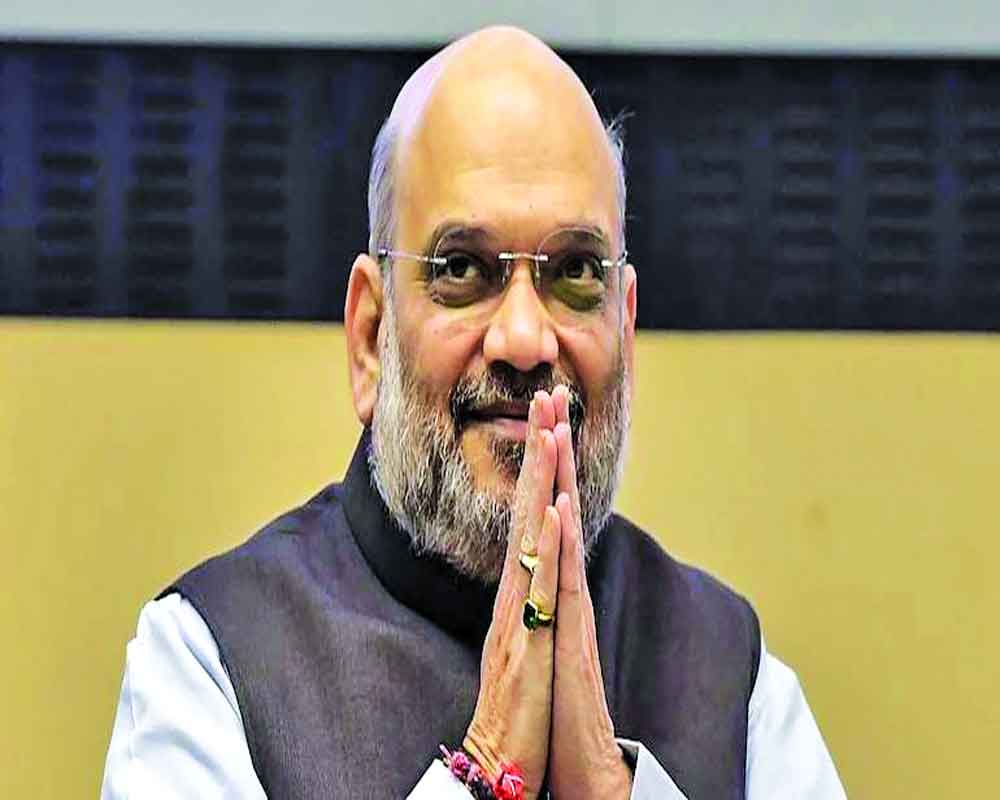Shah announces quotas for Gujjar, Bakarwal, Pahari communities in Jammu and Kashmir
Home Minister Amit Shah’s announcement on Tuesday at Rajouri in Jammu and Kashmir regarding quotas for the Gujjar, Bakarwal, and Pahari communities may be a smart move to get a foothold in the separatism-afflicted state but still it is from the old playbook—and that may not be without consequences. He mentioned the GD Sharma Commission which had recommended reservation for Gujjar, Bakarwal, and Pahari communities, adding that it will be given soon. The Paharis are both Hindu and Muslim. Shah was speaking at a rally that began the Bharatiya Janata Party’s campaign for elections which are expected next year. These are nomadic pastoralists who have been on the margins of the society in Jammu and Kashmir. They retain much of tribal mores and ethos. Consequently, they have not been exposed as much to the influence of radical Islamism as the mainstream Muslims in the Valley are. This also explains why these tribal communities helped the Indian Army in the past, including during the Kargil War. Separatist militants have also attacked these communities for their (the latter’s support to India). The BJP may be trying to capitalise on this fact; it is aware that getting votes of Muslims is not easy, despite the good development work done in Kashmir. Shah has correctly pointed out that the removal of Article 370 in 2019 has made many progressive steps possible, including affirmative action for the communities marginalised earlier. But that won’t be without hiccups; for one, Gujjar and Bakarwal communities already enjoy the 10 per cent ST quota and are not happy with the Paharis getting the tribal status.
Shah, however, downplayed the fears of the existing STs, claiming that they “will not lose anything.” Such fears, however, are an integral part of the system of reservations for some communities in educational institutes and jobs. The beneficiaries want to perpetuate quotas for themselves and want to exclude others. The non-beneficiaries, on the other hand, resent exclusion. Besides, there are questions about the genuineness of beneficiaries. For example, does the son or daughter of an IAS officer deserve to get reservation just because his or her caste is entitled to? These issues have not been resolved in the past; in fact, in the wake of the Mandal Commission, resentment became ubiquitous. The way out is not some imaginative social engineering but economic progress and development. It would be instructive to notice immediately after the Mandal flare-up, economic reforms were carried out, resulting in the unleashing of animal spirits of entrepreneurship, brisk growth, employment generation, and reduction in poverty. Interestingly, in the 1990s and early 2000s, the country did not suffer from any major quota stir. Therefore, it would be better for the BJP to focus on the economy rather than the politics of quotas, which is essentially divisive politics. Yes, the saffron party would like to perform better in polls, but there are other ways, like concessions on civil liberties, to woo the electorate.


























